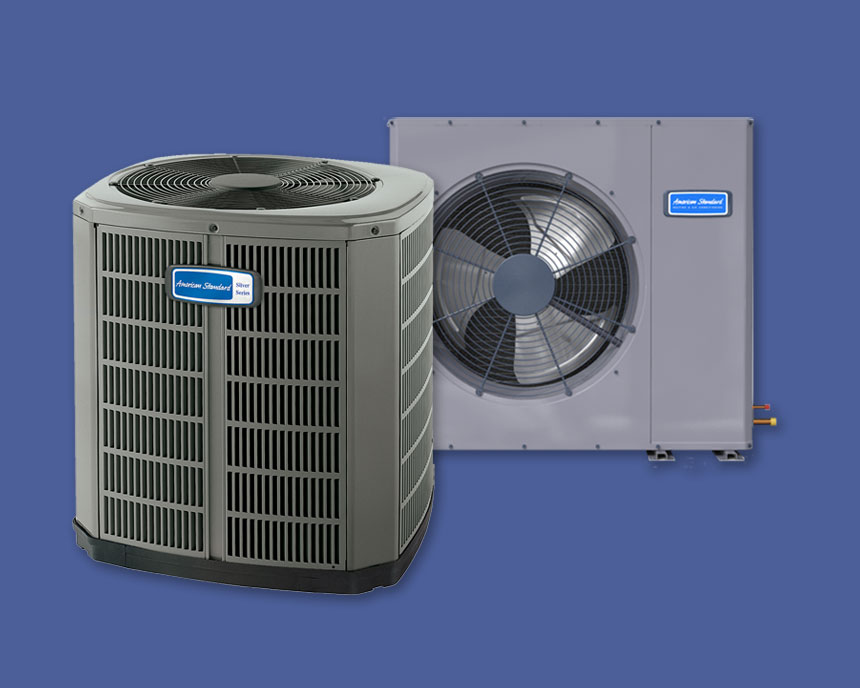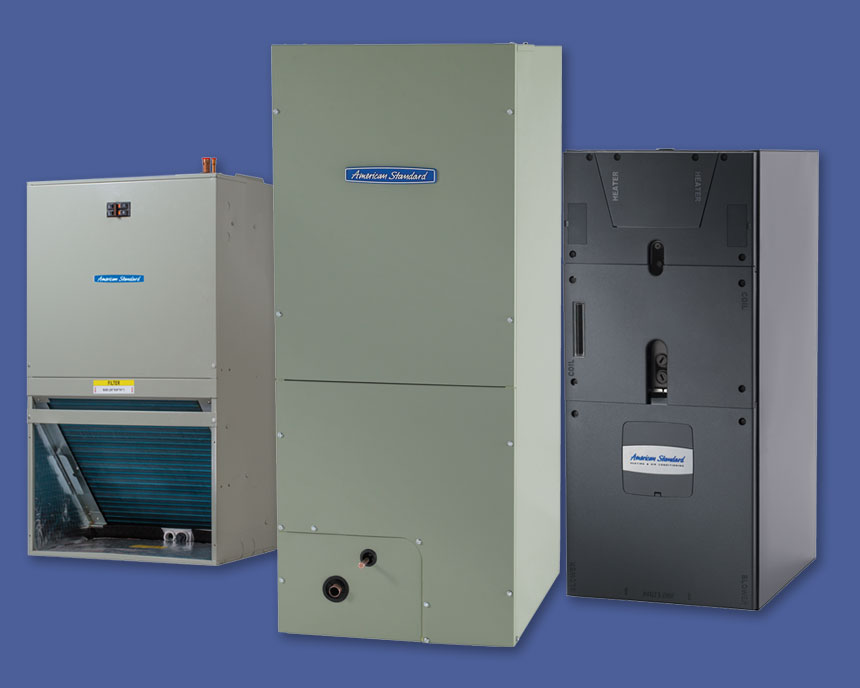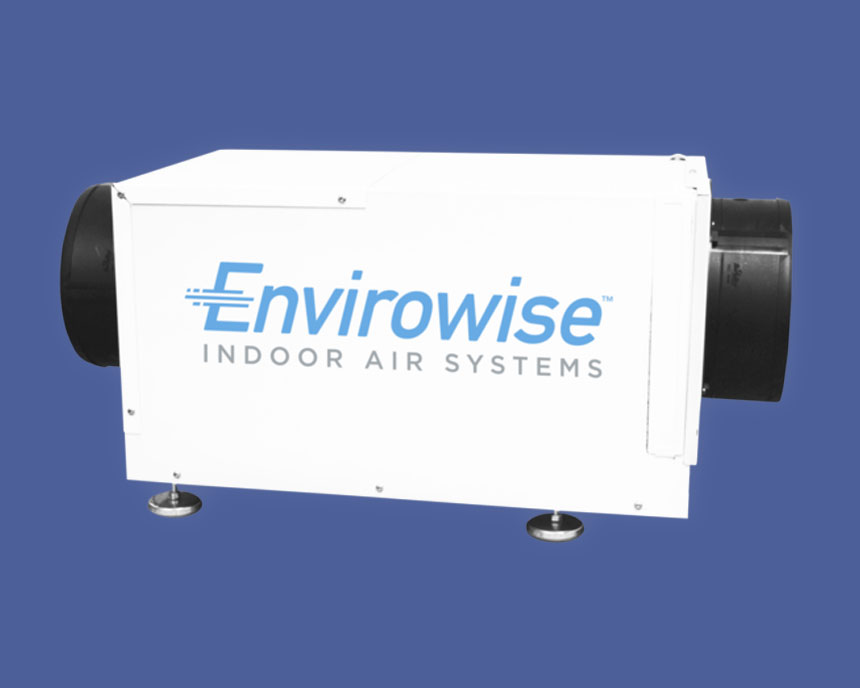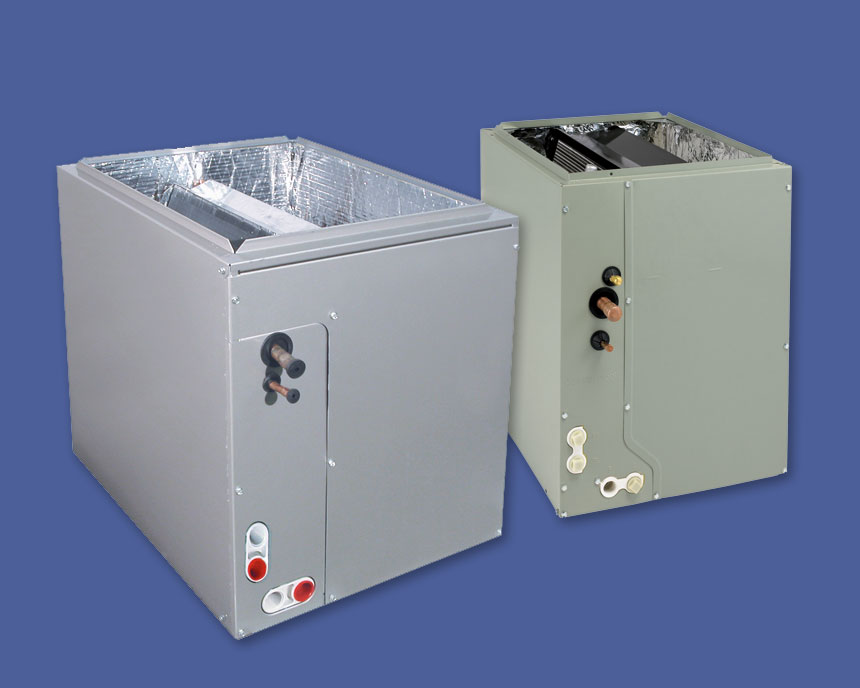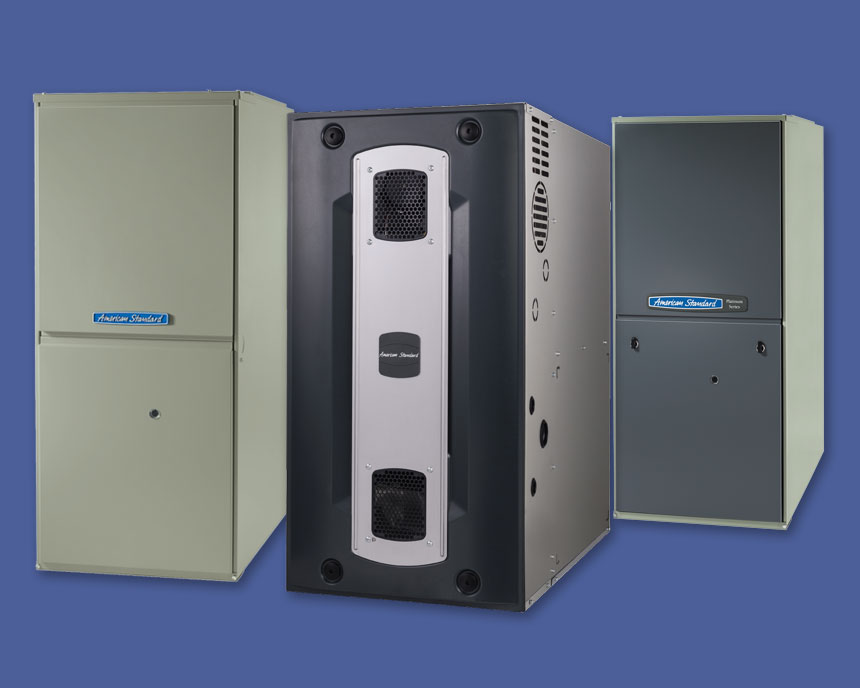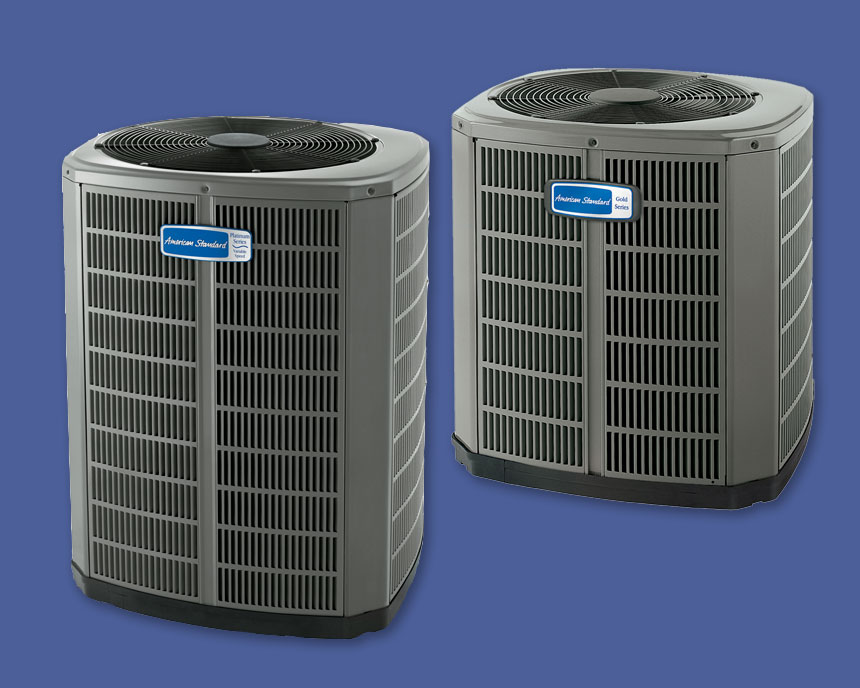Energy Saving Tips
- Maintain Your System - You can ensure your system operates at peak performance by scheduling semi-annual maintenance checks.
- Zoning - A zoning system can drastically lower your heating and cooling costs. With zoning, you no longer have to pay to heat or cool areas of your home that are rarely used.
- Programmable Thermostats - According to the Department of Energy, a programmable thermostat can reduce your heating costs by up to 35% and cooling costs by up to 25%.
- Close curtains on east and west facing windows during the day.
- Plant tall, fast growth trees to filter the amount of direct sunlight into your house where needed.
- Install white window shades, drapes, or blinds to reflect heat away from the house.
- Plug air leaks with caulking, sealing, or weather stripping to save 10 % or more on your energy bill.
- Replace standard incandescent light bulbs with compact fluorescent light bulbs (CFLs).
- Unplug electronics, battery chargers and other equipment when not in use. Taken together, these small items can use as much power as your refrigerator.
- Reduce air conditioning costs by using fans, keeping windows and doors shut and closing shades during the day.
- When possible, wash clothes in cold water. About 90% of the energy use in a clothes washer goes to water heating.
- Run your dishwasher and clothes washer only when fully loaded. It takes the same amount of energy to run a full load as it does a partial load.
- If your home sits empty a good part of each day, consider investing in a programmable thermostat or manually adjust the temperature each time you leave and return home.
- Never put lamps, TV sets and other heat-generating gadget beneath a wall-mounted thermostat.
- Close Fireplace Dampers.
- If you use standard filters, change them monthly. If you use an electrostatic filter, rinse it out regularly.
- If you have a mechanical air filter or HEPA filter inside your heating and cooling system, have an air conditioning and heating technician replace the filter annually.
- Allow air to circulate around your outside condenser unit. Fallen leaves may hinder the efficiency of the air conditioning unit so make it a habit to clear your air conditioning units with fallen shrubs. This means pruning any nearby hedges and keeping the grass mowed. Treat the area for fire ants, as needed. Ants commonly build mounds inside condensers and can cause your air conditioning to shut down.
- Have Your Air Conditioner Inspected Each Spring. An annual inspection of your cooling system may extend the life of your equipment and save you money by lowering your energy bills. Poorly maintained air conditioners can waste a tremendous amount of energy. "National statistics show that over 70% of all air conditioning and compressor outages could be avoided if the equipment was regularly checked, adjusted, calibrated, and maintained by qualified technicians." (Source - Around the Clock: Energy Saving Tips)
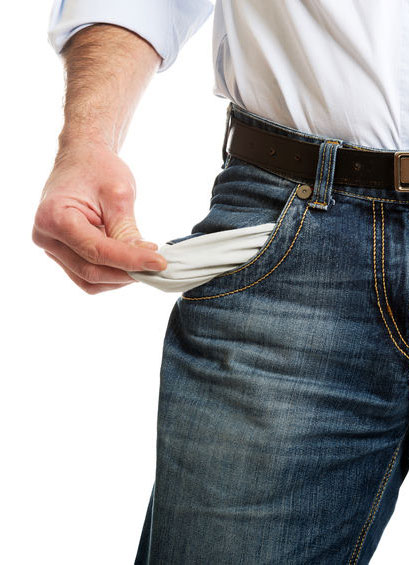
Tips to put money back in your pocket!
Want us to help? Get in Touch
SYSTEMS WE SELL & SERVICE
We service and repair all makes and models of air conditioning and heating systems for private residential, light commercial, and new construction in the greater Houston, TX area. Listed below are the most common types of air conditioning and heating related equipment and systems for which we have experience and recommend in the right situations.

